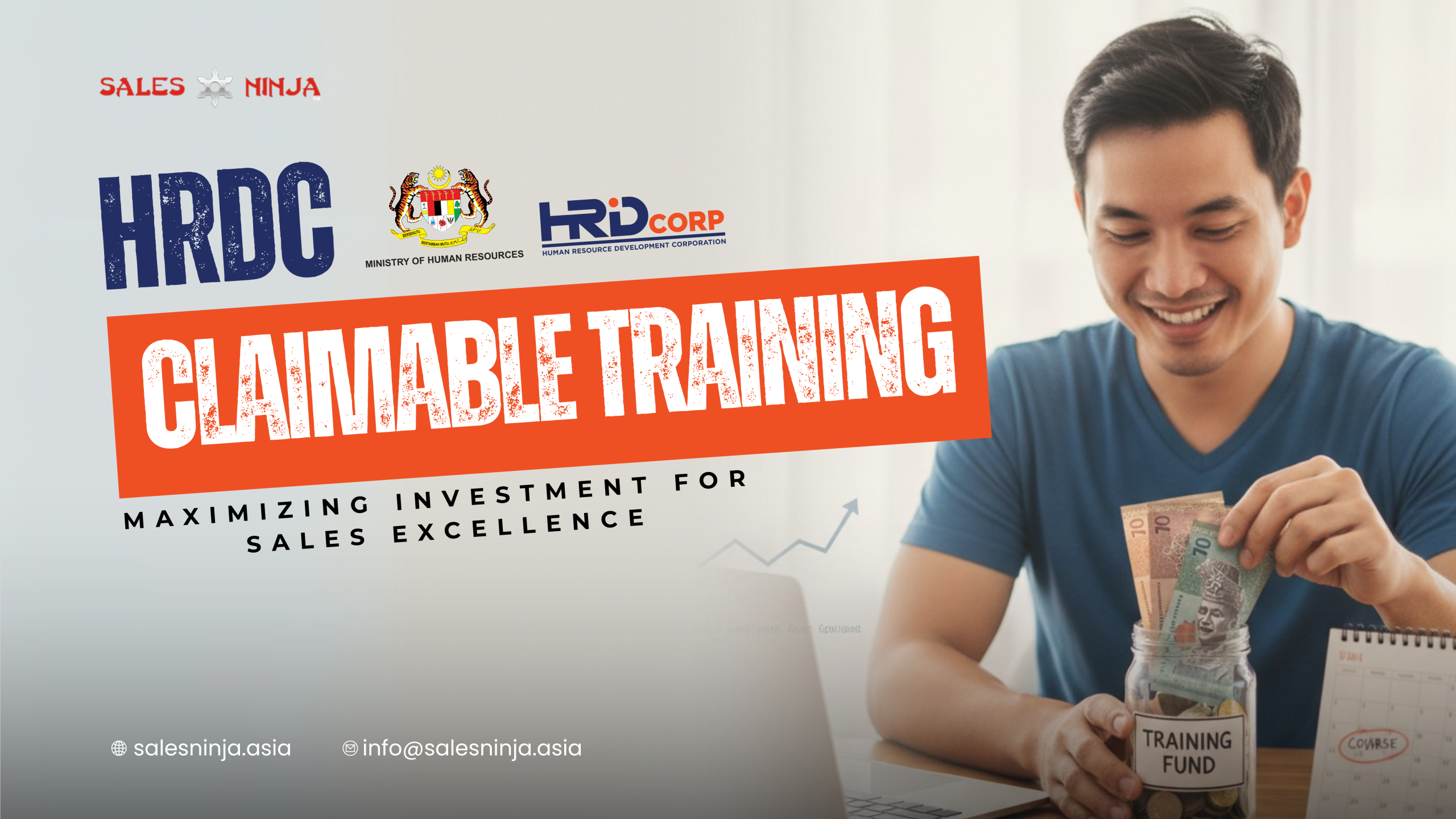Have you found yourself sitting at your desk, staring blankly at an open email or at the dial pad of your phone recently? Do you often find yourself hesitating when approaching customers or new leads? Here’s a simple explanation for why it is that you are feeling this way.
It all comes down to the fact that you are overthinking. When you spend too much time in your head, you have no room for output because you’re crippled by your worry and doubt.
Why does overthinking happen?
Overthinking can be a result of fear, impressions in your memories of previous failures, or a lack of confidence. When you cannot stop thinking about something uncomfortable for you, you will end up going around in circles in your mind. This also happens as a chain reaction to bad situations that only get you thinking, “What if”, “Why”, and “But…”. Many red flags can indicate that you are an over-thinker; some of them obvious and some of them unconscious habits.
How does overthinking affect salespeople?
Overthinking is as much of a killer of productivity as procrastination. While procrastination stems from demotivation, overthinking at work habitually comes from low self-assurance. When you have low self-confidence, you will not pick up the phone because you will be thinking about what you need to do, how you need to do it, what could go wrong, and what might happen because you made mistakes during the call. It is a vicious cycle that does not promote improvement or growth. Like a black hole, it sucks up motivation and fighting spirit the more you indulge in it.
What can you do to avoid overthinking?
The age-old drill of “ABC” in sales – “Always Be Closing” – refers to a sales strategy that focuses on constant prospecting and pitching with the ultimate goal of closings sales. However, this ideal is not enough to motivate salespeople to get out of their comfort zone. Unless you read the many books based on this ideal, you will not be able to understand “how-to” close sales, as you are only getting a lesson on the “to do”. Not only that, the modern salesperson spends a lot more time building rapport and find new ways to generate leads than close sales. The emphasis on the sales process has shifted. Here is our updated version of the “ABC” strategy that focuses on the “how-to” in four steps:
1. Aim
It is understood that companies (as a whole) focus on the bigger picture while managers and leaders are the ones that drive the people in the company to achieve this bigger picture. You as an individual are your own company, manager, and leader. To see profit and ROI (individual success), you need to know what you want, manage your tasks well and lead yourself on the right path towards your bigger picture (your ultimate goal).
Start by asking yourself this: What do you want from your career? Why is it that you spend two-thirds of your waking moments in the office? Without a clear goal, you will be working needlessly and without purpose (not very SMART). When this happens, you will not be able to figure out what your “next step” is, much less your reason for doing what you are doing. This will lead to faster burnout, quicker motivation loss, and sluggish results. This can be done as a weekly exercise where you check in with yourself to ensure that you still have a clear direction of what you want. It can also be a print out of your own making that is displayed somewhere you will see daily – on your mirror, your door, or a wall.
2. Believe
Take a moment to figure out what exactly it is that you are second-guessing. Make a list of these problems and speak to someone. When you are unsure of the decision you are about to make or the action you are going to take, speak to someone who has been in the field for a long and has experienced similar situations. In doing so, you will be able to get different perspectives or solutions to your issues that can put your fears or insecurities to rest. Nike’s tagline of “Just Do It” is so popular because it applies to all sorts of starts – starting a new job, starting a new lesson, starting a new task. To get over the fear of starting your prospecting, your pitch, or your meeting – believe that you can do it and just start – even if it’s with someone else’s help. They can jump-start you and that is better than not starting at all! Once you start, you will begin to realize that things are not as difficult as they seem. Do not let your mind overtake your body because this will only cause inaction.
Sales leaders and successful salespeople are increasingly employing psychology in their sales systems and approaches. These include the psychology of approaching people (body language), the psychology of selling (the power of words), and the psychology for building rapport (employing emotional quotient). There is a lot of value in paying attention to psychological research on motivation, performance, and results as a salesperson.

A simple stress reliever that psychology and science have proven to be true is that when you give the body something to do – a physical activity -, there is less time for the mind to start overworking itself. Physical activity like cold calling can be less alarming by plastering a smile on your face. In doing so, you will reduce your stress (as smiling releases endorphins) and you will sound a lot more lively and approachable on your call!
3. Challenge
Have you ever felt the adrenaline and burning desire to win when challenged to a race? Induce the same feelings in your work as a salesperson. Give yourself a task or goal that seems difficult, or even impossible – and create a pain point to avoid as you challenge yourself (i.e. no coffee if you don’t finish your daily tasks, no dinner at your favorite restaurant). While you do this, re-evaluate your previous performance and engage in self-reflection as a constructive way to experience. This allows you to learn about yourself and how you handle situations. Do not be harsh on yourself. When you are harsh on yourself, you will experience an even greater dip in confidence and you will not be open to learning from your mistakes. This is because you are spending too much time and energy on passiveness rather than activeness. Learn from your successes. What did you do in your cold call or in your sales pitch that worked? Why did it work – was it your application of listening more than speaking, your analysis of their needs, or your ability to recognize subtle buying signals? In doing so, you will be able to identify what needs to be changed or tweaked.
4. Deliver
After challenging and introspecting, you now have to deliver on your goals. While a lot of overthinking happens when there is insecurity, with the introspecting, comes the safety of backup plans. You will be more confident when you have plan A to D to fall back on. Your “impossible” task will seem more attainable. When you feel like you are failing to deliver on your promise to achieve your goal, go back to step 3 and ask someone who has more experience or step 4 to do more introspecting. A backup plan is similar to a safety net – when you feel as if you are falling back into the black hole of overthinking, remember to catch yourself with help from others or from within your own experiences.
Remember that nothing substantial is born from minimal effort. A simple equation for success is this:
Talent multiplied by effort equals result.
Talent can be cultivated through effort (training, practice, self-study, etc.), and only with effort can there be results.



